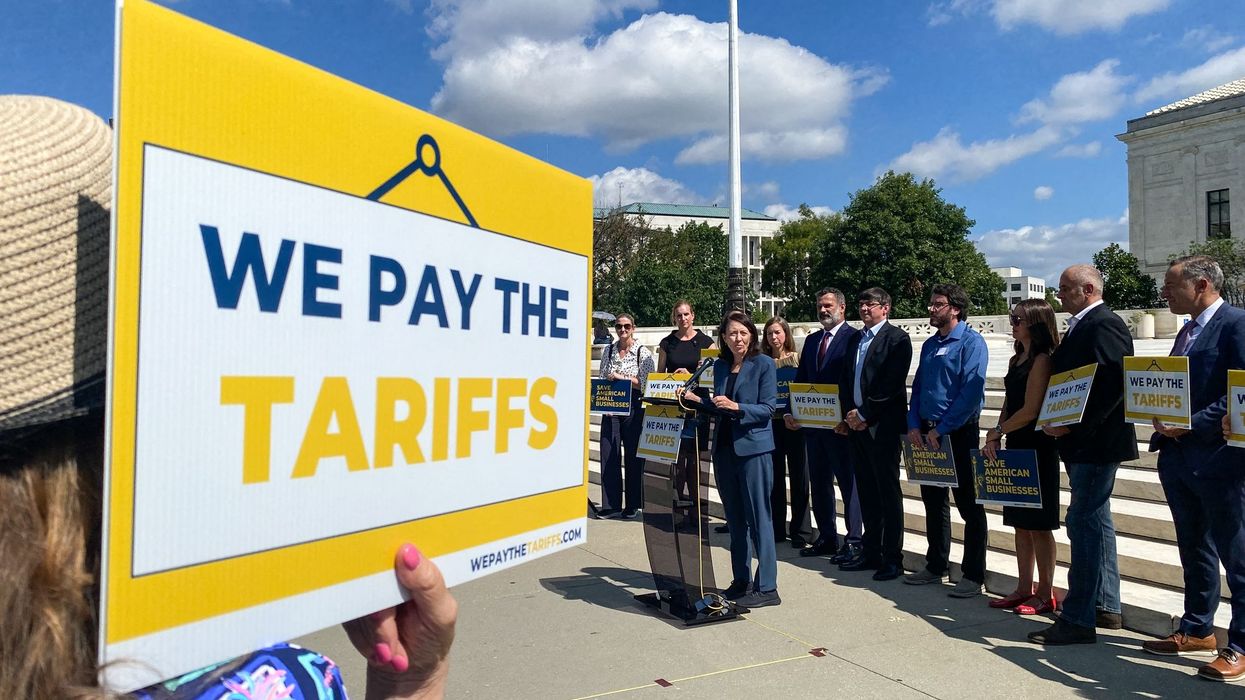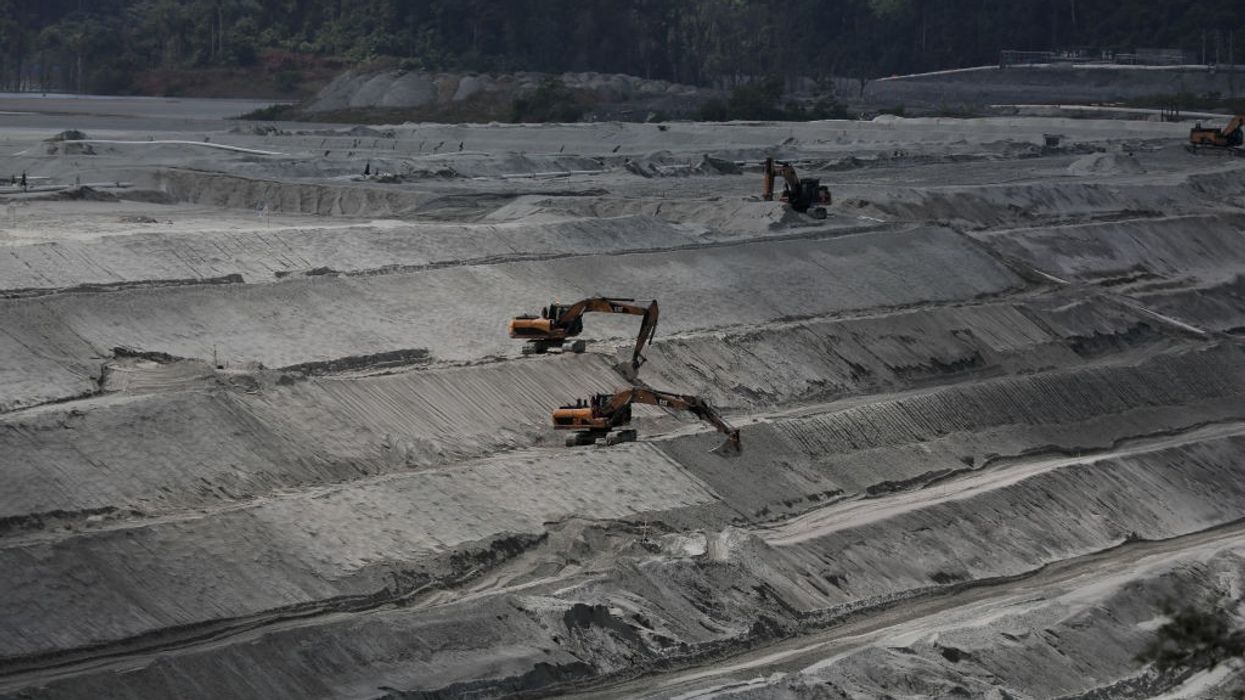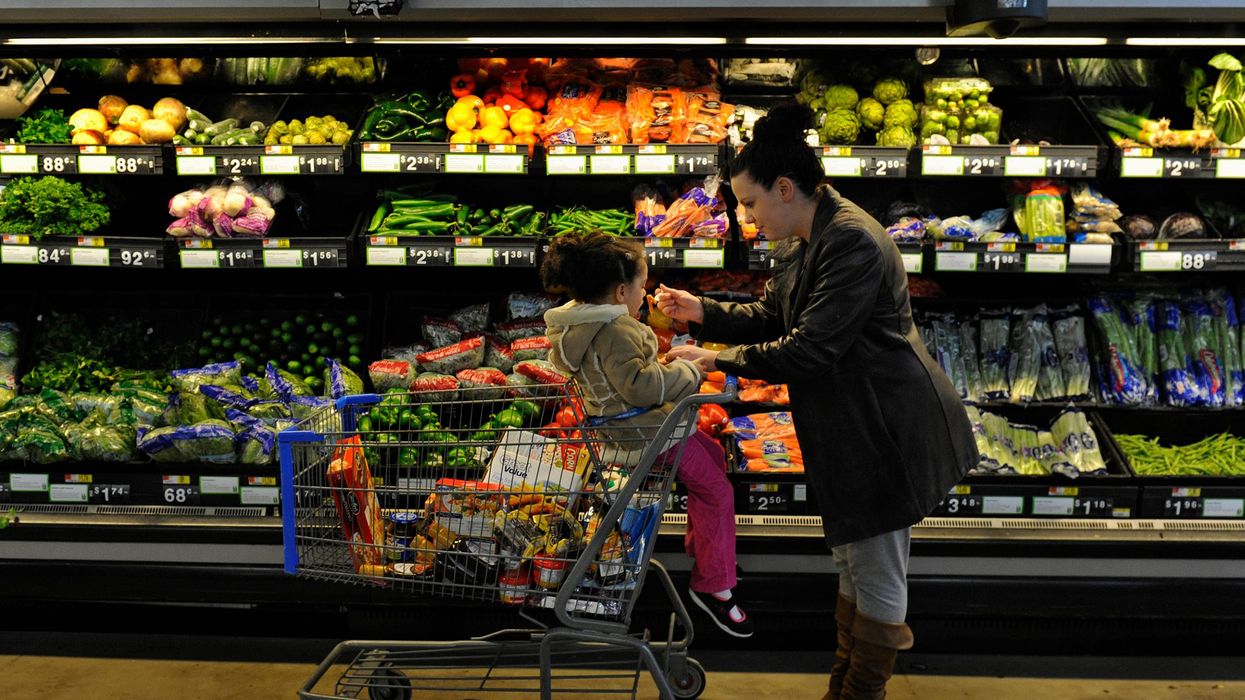When the pandemic upended the U.S. economy, said the group, "businesses jumped on the opportunity to pass these costs on to consumers—and added a little extra to pad their profits."
"The worst part?" said the group. "They're still doing it."
Groundwork analyzed corporate earnings reports starting in 2021, focusing on numerous industries in which consumers were facing sky-high prices.
"This research revealed CEOs openly bragging to their shareholders about their ability to raise prices beyond their rising costs to increase profits," said Groundwork. "To justify these moves, CEOs hid behind the cover of supply chain issues and the economic turmoil caused by the pandemic."
"The fundamental question we need to ask ourselves is whether we want an economy where corporations can exploit pandemics, supply chain crises, and wars at the expense of American workers and families, or an economy where corporations are put in check, allowing everyone to thrive?"
More than two years later, executives from companies including Kimberly-Clark, General Mills, and PepsiCo have continued to "be explicit about how they have [raised prices] and will continue to do so even as inflation comes down and supply chains normalize," Groundwork warned, with the companies benefiting from rising profits as working families struggle to afford necessities.
Groundwork found that corporate profits—not labor and other business costs—drove 53% of price increases in the second and third quarters of 2023. In the four decades preceding the pandemic, profits drove just 11% of price growth.
Business costs have risen by about 1% since early 2023—and in some sectors, input costs have gone down due to drops in prices for transportation, warehousing, and fuel. Yet prices for consumers have gone up by 3.4% in the same time period.
Groundwork Collaborative used the example of the U.S. diaper industry, in which just two companies—Procter & Gamble (P&G) and Kimberly-Clark—control 70% of the domestic market.
Families are paying an average of 30% more for diapers than they were in 2019—and from 2021-23, high prices were partially linked to the soaring cost of wholesale wood pulp, a component of diapers.
Wood pulp prices went up by 87% over those two years, but over the past year, prices have dropped by 25%.
Still, reported Groundwork, "using their pricing power, P&G and Kimberly-Clark have kept diaper prices high for American families, allowing their profit margins to expand considerably."
In earnings calls with shareholders, executives at the two companies said their skyrocketing profits—an $800 million windfall in P&G's case—were attributed to declining input costs and high prices.
Mike Hsu, CEO of Kimberly-Clark, told investors the company has "a lot of opportunity to [expand margins over time] between what we're doing on the revenue side and also on the cost side."
Other companies have also been clear in recent months about their plans to keep prices high to pad their profits, with PepsiCo chief financial officer Hugh Johnson telling shareholders the company may "increase margins during the course of the year" as its costs decrease, after the company raised consumer prices by about 15%.
"It's one thing for corporations to pass reasonable increased costs to consumers. It's another for them to line their coffers by exploiting Americans who are just trying to get by," said Liz Pancotti, strategic adviser for Groundwork and a co-author of the report. "It's time to rein in corporate price gouging—or families will continue to pay the price."
The group noted that Congress will consider expiring provisions from the 2017 corporate tax cuts pushed by former President Donald Trump over the next year.
Congress "must take a hard look at the corporate tax," said Groundwork. "Our tax code should support a robust and equitable economy, not incentivize profiteering."
"The fundamental question we need to ask ourselves," reads the report, "is whether we want an economy where corporations can exploit pandemics, supply chain crises, and wars at the expense of American workers and families, or an economy where corporations are put in check, allowing everyone to thrive?"




